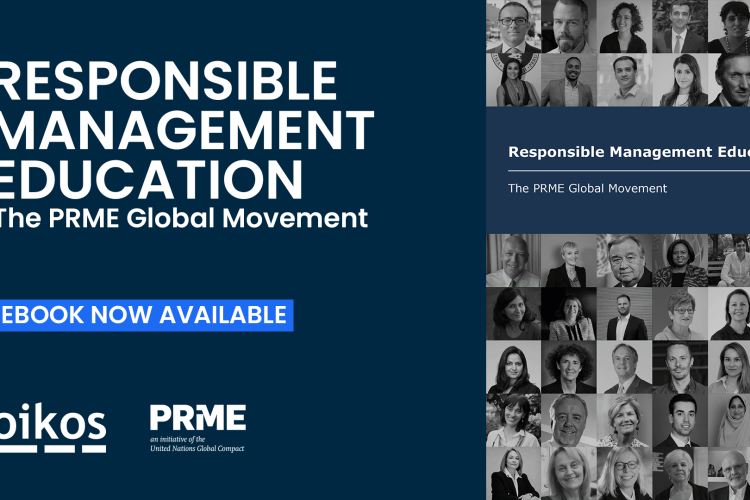Case Abstract
This case focuses on business model innovation and strategic organizational design at the World Toilet Organization (WTO), an innovative, Singapore-based social enterprise focusing on sanitation issues such as the availability of clean toilets. The interaction of the social entrepreneur’s motivations with the problems of day-to-day operations and long-term organizational strategy comes alive with real examples from the history of the World Toilet Organization in Singapore and in the Southeast Asia region.
The case begins with an introduction section – a short discussion between WTO’s charismatic founder, noted social entrepreneur Jack Sim, and two employees, Geraldine Ang and Andrew Koh. They have just returned from a field trip to Cambodia and Indonesia. The three of them discuss the merits of WTO’s model in addressing the problem of water and sanitation in Asia. The discussion leads into a history of WTO, including a short biographical sketch of Mr. Sim and his founding of WTO, and the growth and evolution of the organization over the past decade. This second section also examines issues of organizational design, organizational context and environment (concentrating particularly on Singapore’s social entrepreneurship field), and the growth of a fledgling social enterprise. In the third section WTO’s ongoing re-structuring processes in recent years are described.
As it has moved from being a Singapore-focused organization looking at local issues to a broader, pan-Asian focus, the WTO has undergone numerous changes. Most importantly, it is starting to change from a charismatic-founder-centred organization to one with greater structure and a more-focused strategy. It has also moved from a pure focus on advocacy to a “hybrid” social enterprise model which combines aspects of advocacy with a franchise-based implementation model through its “SaniShop” program to multiply organizational impact.
[table id=83 /]




